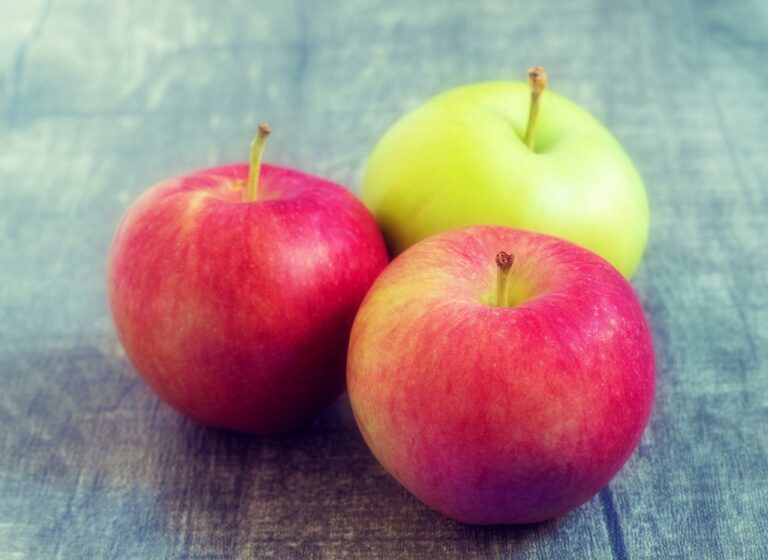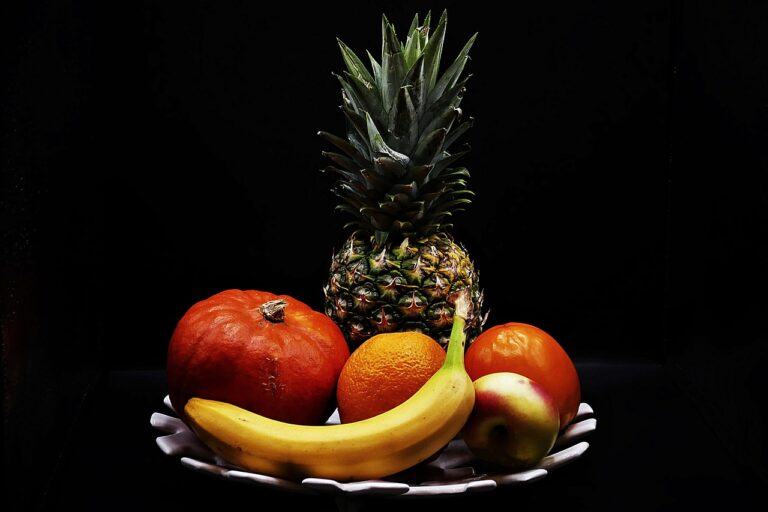Understanding the True Cost of Cheap Food
Cheap food production has been linked to a range of environmental issues, such as deforestation, water pollution, and greenhouse gas emissions. The widespread use of chemical pesticides and fertilizers in intensive farming practices contributes to soil degradation and water contamination, posing a threat to ecosystems and biodiversity. Additionally, the reliance on monoculture crops in large-scale agricultural operations can lead to a loss of natural habitats and a decline in soil fertility over time.
Moreover, the transportation and distribution of cheap food over long distances result in higher carbon emissions and fuel consumption, further exacerbating climate change. The industrialized food system heavily relies on fossil fuels for planting, harvesting, processing, and transportation, which not only contributes to air pollution but also depletes finite resources. As consumers demand more affordable food options, the negative environmental impacts of cheap food production continue to escalate, highlighting the urgent need for more sustainable and environmentally friendly farming practices.
The Health Consequences of Consuming Cheap Food
Cheap food often lacks essential nutrients that our bodies need to function properly. When individuals rely heavily on inexpensive, processed foods, they may be missing out on key vitamins and minerals crucial for overall health. This nutrient deficiency can lead to a variety of health issues, including fatigue, weakened immune system, and an increased risk of chronic diseases.
Additionally, cheap food options are often loaded with unhealthy additives, excessive sugar, and high levels of sodium. Consuming these types of foods on a regular basis can contribute to weight gain, heart problems, and digestive issues. The long-term health consequences of a diet high in cheap, low-quality food can be detrimental and should not be overlooked.







